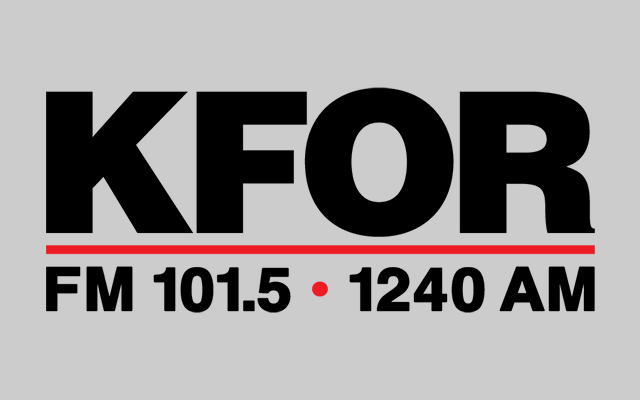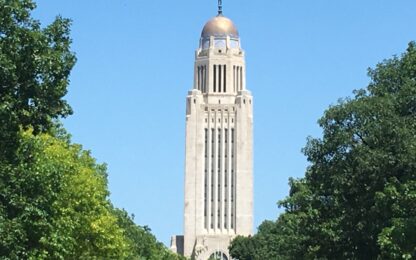High Turnover Rate Among NE Early Childhood Teachers

Omaha, Neb. — Turnover among early childhood teachers in Nebraska is high and creating serious challenges for centers and the children and families they serve, according to a newly released research brief by the Buffett Early Childhood Institute at the University of Nebraska.
The brief, entitled Early Childhood Teacher Turnover in Nebraska, results from an analysis by the Buffett Institute of the Nebraska Early Childhood Workforce Survey, the largest survey ever undertaken of the professionals who provide early care and education to children from birth through Grade 3 in the state.
The Institute found that the average annual turnover rate for early childhood teachers was 26 percent in licensed child care settings, 15 percent in state-funded PreK settings, and 16 percent in Kindergarten through Grade 3 settings.
“Children thrive in environments where they can establish strong, positive relationships with teachers,” said Susan Sarver, director of workforce planning and development at the Buffett Institute and one of the brief’s authors. “When there is frequent teacher turnover and lack of consistency of care, especially in the early, formative years, it can have devastating effects on the child and the learning process.”
According to the child care administrators surveyed, the most common reason teachers left their jobs was low pay. In 2015, the median annual salary for child care professionals in Nebraska was $18,706, which is below the poverty line for a family of three.
“Wages don’t match up to the experience and education that is necessary,” said Thelma Sims, who operates Element Learning Center in Omaha. Sims said teacher turnover is a real issue for centers and schools across Nebraska and that when a teacher quits, it leaves a lasting impact. “It’s devastating to relationships, not only with the kids but the whole family,” she said.
Compounding the problem, when teachers leave their jobs, 62 percent of child care administrators reported difficulty finding qualified replacements. Those surveyed said it took an average of two months to fill each vacancy, prolonging the negative impact on students and further depleting already limited resources.
Teacher turnover was greater in licensed child care settings than in state PreK programs and Kindergarten through Grade 3. According to the Institute, the reasons for this are that early childhood teachers in the public school system receive higher salaries and employer-provided benefits, unlike most of those who care for and educate young children in center-based settings.
The Institute previously reported that center-based teachers earn a median wage of $11/hour, roughly half as much as PreK ($21/hour) and K-3 teachers ($23/hour). Regarding benefits, the Institute reported that less than half of all center-based teachers receive retirement benefits, health insurance, and paid maternity leave as contrasted with their public school counterparts, nearly all of whom receive employer-provided benefits.
“A person can make more money working at a fast-food restaurant than caring for and educating young children,” said Samuel J. Meisels, founding executive director at the Buffett Institute. “This is nothing short of scandalous because the stakes are so high based on what we know about children’s early development and learning.”
To help address workforce issues in Nebraska, the Buffett Institute convened the Nebraska Early Childhood Workforce Commission in late 2016 to develop recommendations and an action plan to address the challenges facing the early childhood workforce in the state. Composed of 39 public- and private-sector leaders, the commission is entering its third and final year and will present its report later this year.
As part of the commission’s work, it is joining with the Nebraska Association for the Education of Young Children to sponsor screenings of the documentary No Small Matter in 21 communities across the state in January and February. The goal is to hear firsthand perspectives of the early childhood workforce, including their views on turnover.
READ MORE: Husker Civic Challenge aims for 1/2 million hours of service






